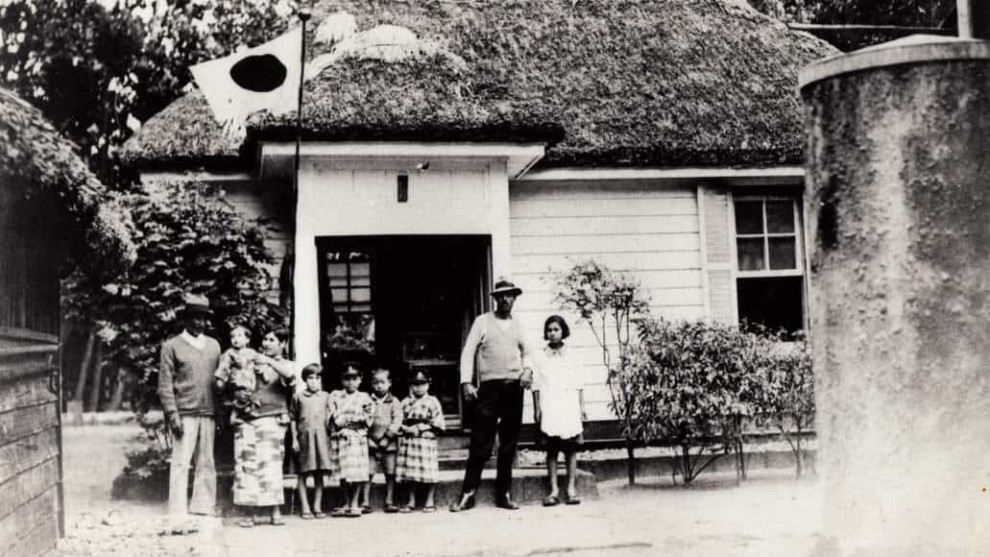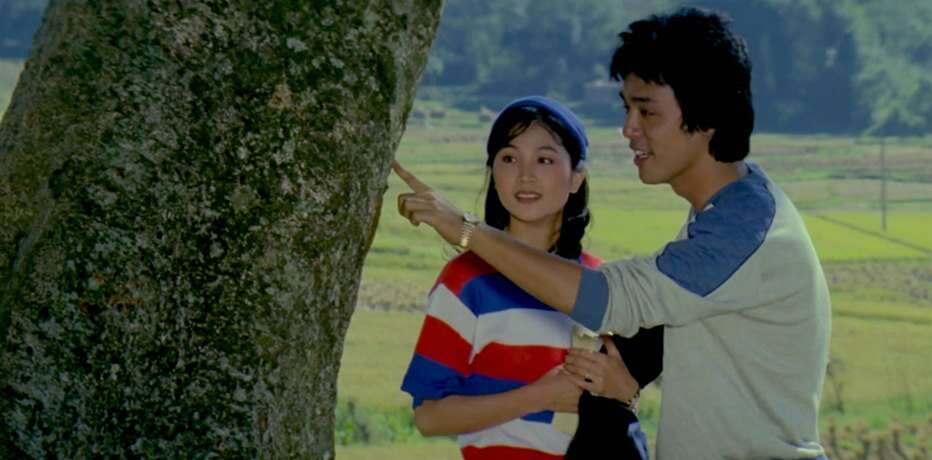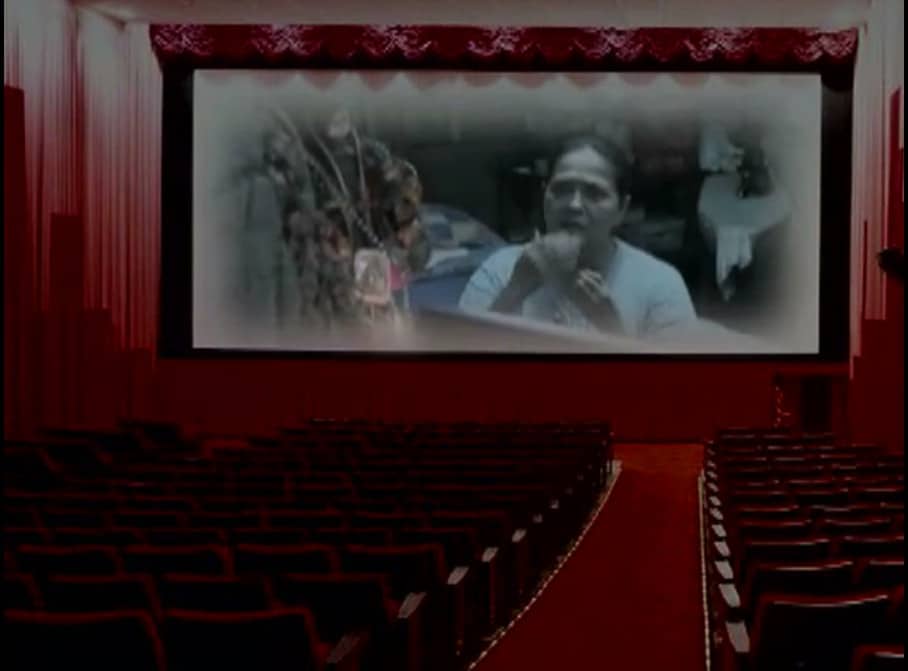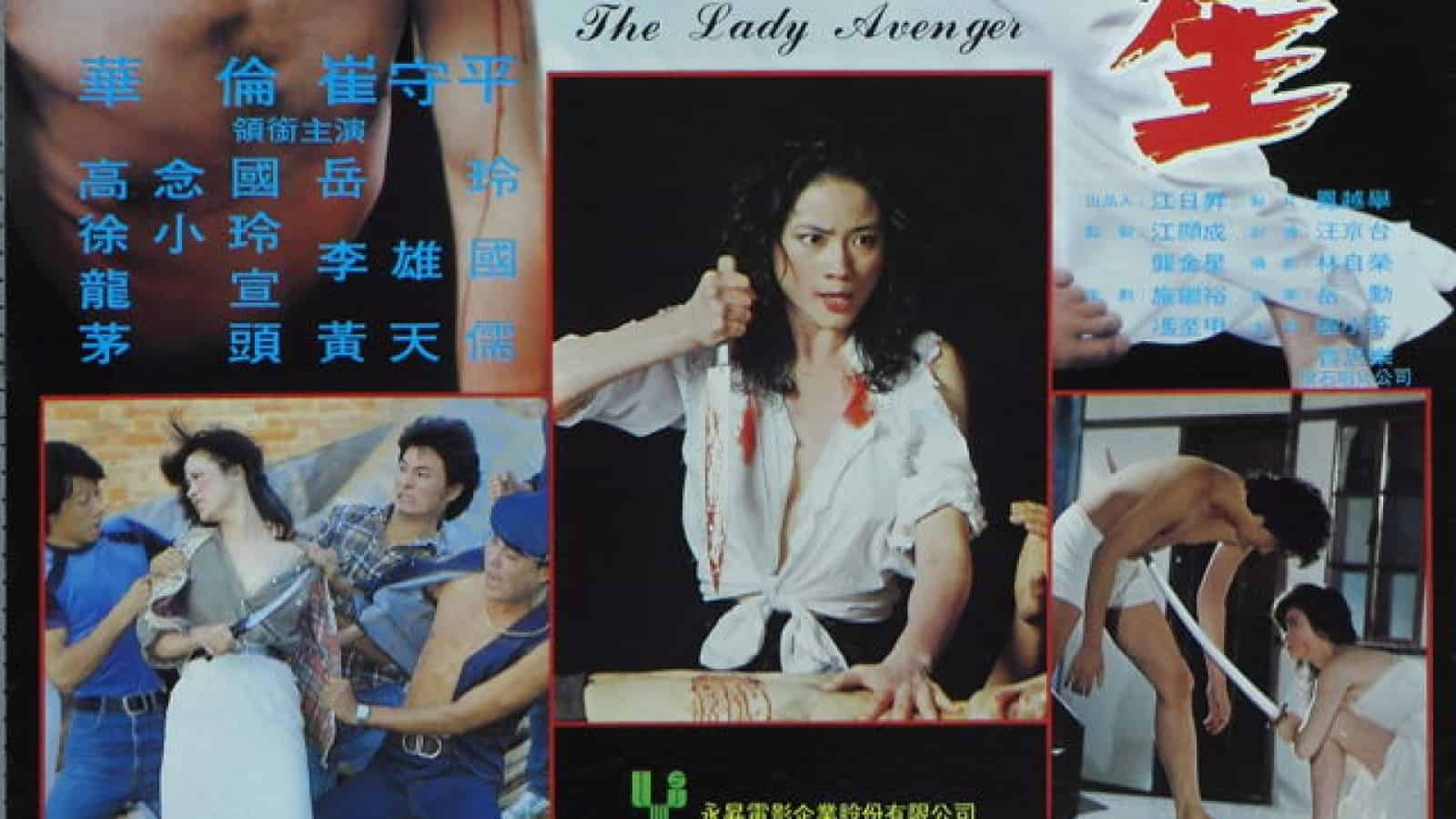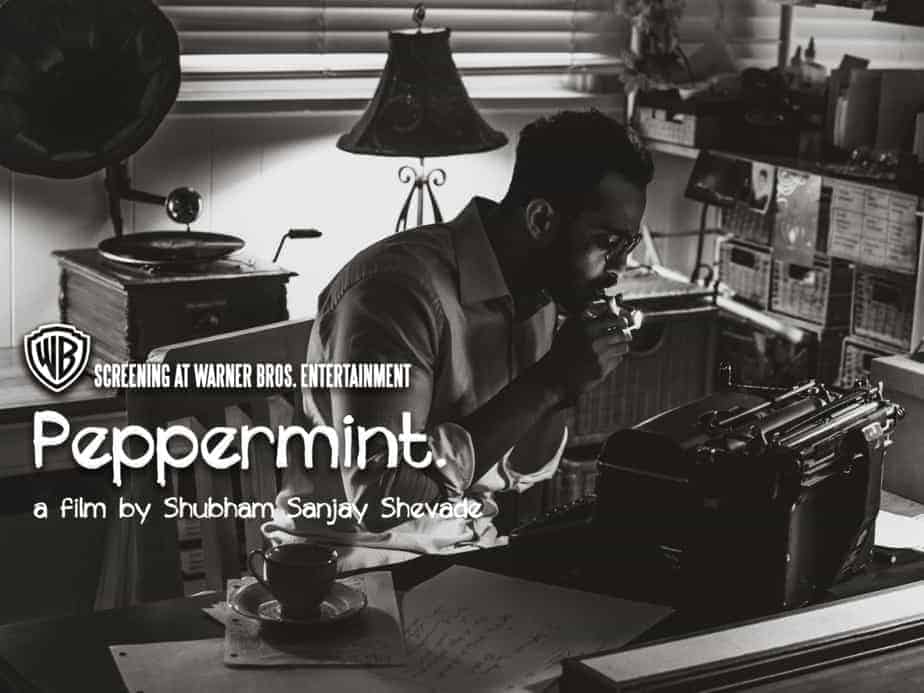When we talk about politicians and heads of state meddling with the lives of people in distant lands, we often talk about war, insurrection repressions, the overthrowing of democratically-elected governments; usually things that help secure their worldview yet significantly impacting those caught in the crosshairs of their ideologies. However, in this instance, it refers to the constant handing-over of a group of islands between two world superpowers in a part of the world many may have never heard of. For those living on the Ogasawara/Bonin Islands, some thousand kilometres away from Tokyo, the consequences of these actions were significant to those who grew up as stateless citizens literally in the middle of nowhere; their fates and futures tied up in the hands of figureheads who had probably never visited the islands. Masa Fox's intriguing exploration of how the “reversion” of 1968 conflicted in the forging of the population's identity is a well-researched and calming retrospective, loaded with nostalgia and thought-provoking investigation of those caught ‘Between Tides'.
“Between Tides” is screening at San Diego Asian Film Festival (SDAFF)

Told through a series of interviews with previous and current residents who grew up as a part of the Navy Generation (between the end of WWII and the handing over in 1968), ‘Between Tides' constructs a historical timeline of habitation of the islands, mainly Chichijima, whilst focusing on the youth and adolescence of our subjects. It casts a spotlight of how life flourished under the occupation of the US Navy of a people who spoke broken Japanese and broken English and how, literally overnight, it all changed; tossed aside at the height of the Cold War “like a pet”, as fisherman Stanley Minami puts it, as a bargaining chip between the USA and Japan, who were eager to rebuild their image, instead of handing over back the Okinawan Islands which held strategic value to the government of Lyndon B. Johnson. Fox's film also highlights the interest taken by the media on both sides, the re-education by the Tokyo government, and the claims to citizenship taken by those living on the islands.

Whilst Fox could have focused heavily on researched materials to ground this as a purely historical piece, his decision to build his narrative around his subjects makes this a very personal account and it shows. His interviewees, all of whom were teenagers and young adults during this time, fondly recollect their experiences and reminisce, as if it only occurred recently in laidback and informal sessions (you can hear Fox interchange from English to Japanese to help rephrase questions). It makes it very much their story and they become the faces of the islands and their past. They paint a unique mode of existence away from the control of an overarching political authority, free to do what they please within reason, whilst the Navy provided comforts and mixed attempts of fully Americanising the inhabitants with candy and exhibiting Westerns; as Fox's explain though, this takes a drastic turn, resembling a struggling coming-of-age affair once “ownership” of the islands changes.
Where ‘Between Tides' excels at, is at raising questions surrounding national identity. As a people who have grown with the influence of both sides of the Pacific without the formalities of being either American or Japanese, their own identities gave them a unique status among other islanders. Though Japan sought control over Ogasawara, it is baffling as to why this was so, as possessing Japanese blood is far superior than any legal documentation; though their new passports (previously they only carried a slip of paper with where they were from) confirm them as citizens of the country, no one would treat them as Japanese. The film handles this delicate matter with empathy (Fox himself has faced a similar situation) and respect, and doesn't approach it intending to provide a definitive answer. Instead, it is left to the islanders themselves to figure this out in hindsight. What's interesting is how the film's focus never drifts: with plenty of running time, Fox never sways from his agenda and does extremely well in binding his intentions with the histories of his subjects.

Threaded throughout the very casual interviews, is meticulously picked archive footage, firmly extending the nostalgic element, and has been edited in to create a naturally-flowing narrative. Coupled with a relaxed pace, ‘Between Tides' allows its subject matter plenty of breathing space: every moment feels brilliantly executed and never outstays its welcome. Unlike a lot of documentaries, all of Fox's interviewees are a delight to watch and listen to, making for a light-hearted yet fulfilling experience. At times it can be a demanding watch; its tone and pace will relax whilst overloading you with information but this doesn't necessarily detract from the viewing.
‘Between Tides' makes for a spiritually uplifting watch in that it reflects the pace of life on these islands, even after fifty years since the reversion. A colourful cast, mixed with a thought-provoking narrative which doesn't force itself upon the viewer, places this far afield from other documentaries exploring national identities, especially those aimed at a younger audience. Whilst it goes so far as, at times reluctantly, preserving this almost archaic generation, it doesn't do so with a shred of millennial entitlement; rich in nostalgia it serves just as much as a trip down memory lane as it does a window into a past ignored by the rest of the world as we learn how these “children of two worlds” adapted to their changing environment. As traditional notions of identity are being erased and replaced in the twenty-first century, it is important to look elsewhere at how far removed centres of power are from their subjects, whether those subjects want to accept them or not.


